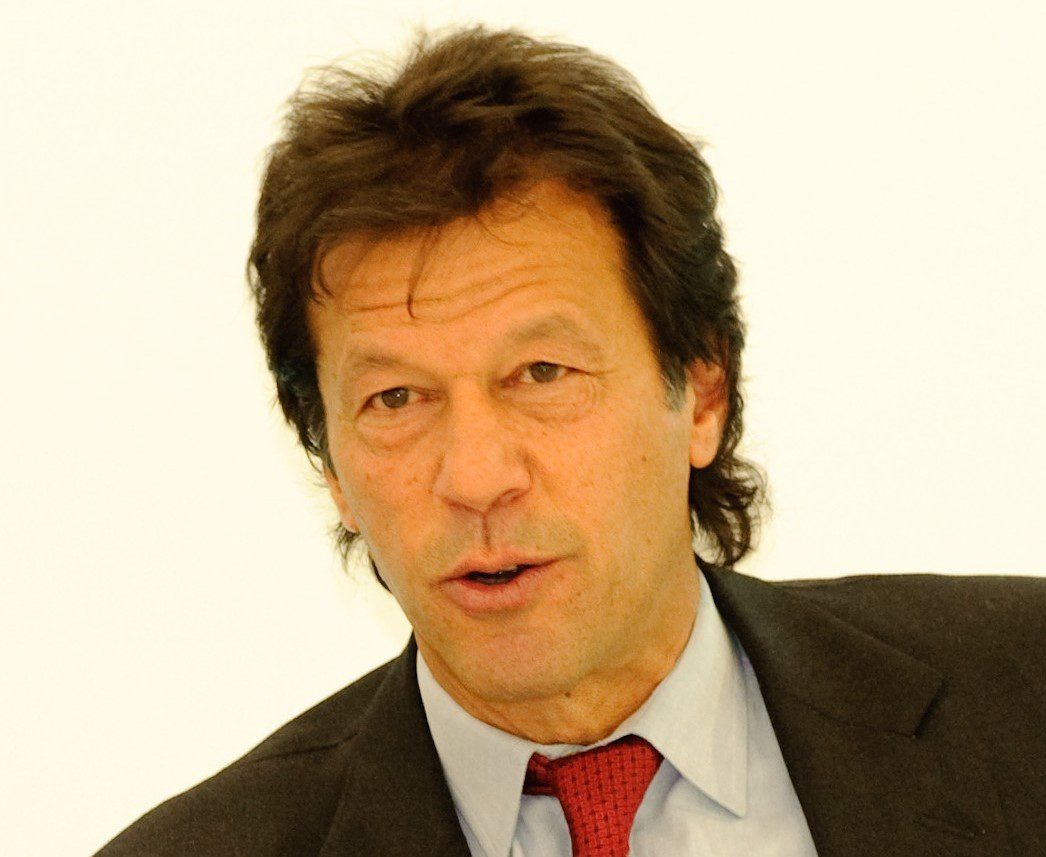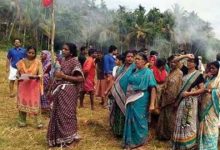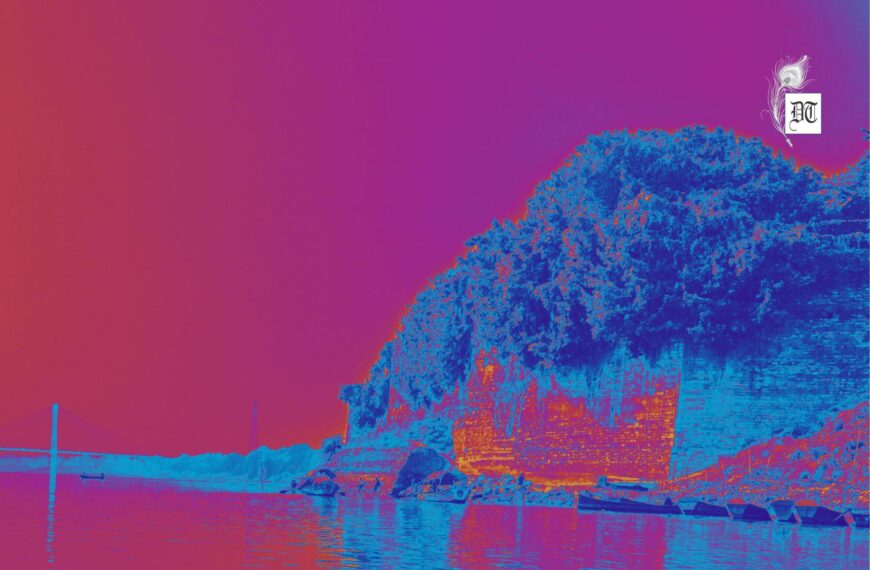A former cricketer great, Imran has been bowling on a doctored pitch and had the help of the third umpire— Pakistan’s army-ISI combine. According to an Islamabad High Court judge, the ISI had asked the chief justice of the court to keep Nawaz Sharif, who crossed the political red line in Pakistan by questioning the links between army-ISI and jihadists, in prison till the election. A report, for Different Truths.
Whose victory is it in Pakistan’s election—Imran Khan’s or that of the army’s? It is evidently the army’s victory. A former cricketer great, Imran has been bowling on a doctored pitch and had the help of the third umpire— Pakistan’s army-ISI combine. According to an Islamabad High Court judge, the ISI had asked the chief justice of the court to keep Nawaz Sharif, who crossed the political red line in Pakistan by questioning the links between army-ISI and jihadists, in prison till the election.
According to Vivek Katju, former Secretary, Ministry of External Affairs, this time around the army had made its intentions clear: the Sharifs, the country’s leading political family with great, if not decisive influence in Pakistan’s all-important province—Punjab—were to be ousted from national political power.
If the army continues to enjoy power without responsibility, that means little will change in Pakistan. Ayesha Jalal, author of The State of Martial Rule: The Origins of Pakistan’s Political Economy of Defense, has aptly summed up the situation. She says: “Constitutional provisions have not deferred the Pakistan army from intervening in the past. It remains the final arbiter in Pakistan’s destiny, whether or not it wields power directly. In recent decades, partly because of uneven results of military rule and also deepening polarization, the army high command has preferred to influence decision-making from outside the established political system instead of assuming state power. When you come to power directly, you are also responsible. What could be better than to have all power and no responsibility?”
Now that the army has got the government it wanted, there is a possibility that formal talks with India could be started. The Prime Minister-designate Imran Khan stressed that the blame game needs to stop between two countries over Kashmir and Balochistan and said: “If India takes one step towards us, we will take two towards them. Right now, it is one-sided where India is constantly blaming us.”
Imran’s public statement follows India’s engagement through the High Commissioner in Islamabad. Although his statement has not been officially reciprocated by New Delhi, official sources are hopeful of “a greater coherence” under him as “he would be on the same page as Pakistan army”.
The army’s objective has been achieved; Imran will become Prime Minister and the Sharifs’ challenge will have to await another election, if at all. Interestingly, if the present trend holds, the PML(N) will be a single largest party in Punjab provincial assembly but is unlikely to form the government. Neither Imran Khan nor the army will allow the country’s powerhouse, Punjab, to remain with Sharifs. Nawaz Sharif’s younger brother, Shahbaz, who has controlled the state, has always maintained a reasonable equation with the army but he has lost his seat. His son, Hamza, has won. The Sharifs will hang together and the Shahbaz side of the family will not cut a separate deal with Imran and the army.
Significantly, for Khyber Pakhtunkhwa (KPK) provincial assembly, the PTI has increased its tally and the Zardari-Bhuttos have maintained their control over Sindh. Predictably, both PML(N) and PPP, have rejected election results as Imran Khan had done in 2013
A significant aspect of this election has been that none of the 260 candidates the Lashkar-e-Taiba fielded, could win. The other groups too were wiped out. But that does not mean that this is the end of their activities.
Imran Khan, who entered politics in 1996, won this election on the promise of “Naya Pakistan”. His main theme was a corruption-free Pakistan, especially after his determined pursuit of Panama Papers case against Nawaz Sharif that led to the former PM’s disqualification, conviction, and jailing. It has been clear from 2013 that the Pakistan Army, which describes itself as “stakeholder”, was unhappy with Sharif. In the event, this will go down in Pakistan’s history as an election in which the security establishment’s role was an open national secret.
From open threats to media persons, who did not keep the “larger interest” in mind, to engineer last-minute defections from the PML(N) and setting up new parties and political formations, it all appeared directed towards helping Imran Khan. While the electronic media was, with some exceptions, almost entirely ranged against Nawaz Sharif, the PTI ran relentless social media campaign that was able to tap into aspirations of Karachi’s cosmopolitan young set on the one hand and on the other, conservative-minded youth in Punjab.
India will have to deal with the defeat of a party that was keen to improve bilateral ties and elimination from the scene the only political leader (Nawaz Sharif) who challenged the army’s hold over regional security and foreign policy. While the world can only wait for Imran Khan Government’s policies, it is safe to assume that he will be more willingly guided by Pakistan army than the two predecessor governments.
Harihar Swarup
©IPA Service
Photo from the Internet





 By
By
 By
By

 By
By